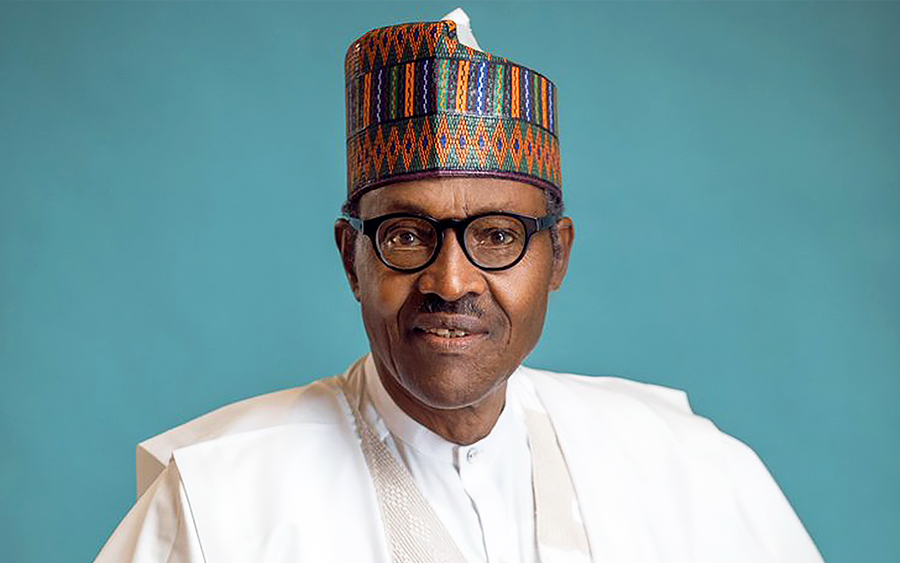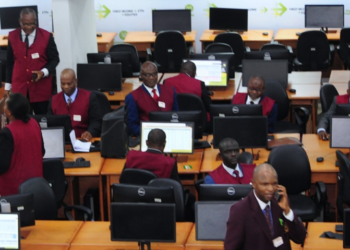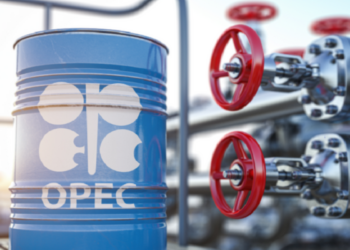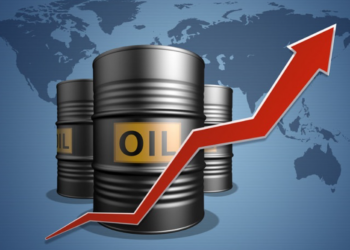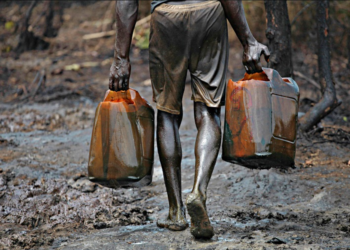The good
Diversification of Nigeria’s economy is believed to be the only viable way to survive the current environment of global economic uncertainty with the volatility of oil prices.
It certainly presents an opportunity for the most competitive and strategic option for Nigeria in light of her current developmental challenges. It can only diversify the economy through digital economy, manufacturing and agriculture. Manufacturing actually creates a lot of jobs, creates middle class and also transforms the society. These are areas we need to really focus on.

Nigeria has a readily available market because of its huge population but there is need for government to remove factors that have continued to constrain the manufacturing sector.
In addition, the drop in crude oil prices has lowered the expected open market price of imported petrol below the official pump price of N145 per litre. The outbreak of the deadly coronavirus and its spread across the world has forced the international oil market to a near standstill, leaving crude oil price to crash from around $60 per barrel to about $29.
[READ MORE: Oil and gas companies to slash spending, as oil price falls)
The drastic fall in the price reduced the expected pump price of petrol to N64.32.
Despite the development, the ex-depot price stood at N125.63 per litre, while government’s approved retail price hovers between N135.00 and N145.00 under a subsidy scheme. The PPPRA disclosed that the country currently has about 2,217,972,763 litres of PMS in stock, expected to last for 39 days in the face of the growing concern as businesses close down across the world over the coronavirus pandemic, there are indications that the Federal Government could save the N450 billion that was budgeted for subsidy in 2020.
The bad
Following the fall in the world demand for crude oil and crude oil prices, the OPEC+ meeting and negotiations to cut oil production fell through and spurred a race for market share between Russia and Saudi Arabia.
The refusal of Russia to cut oil production spurred Saudi Arabia to boost production to about 12.3 million barrels per day starting from April 1. Russia, in retaliation, increased its output by 500,000 barrels per day. This disagreement pushed oil prices down by the most, since 1991.
The tit for tat jostle caused a fall in Brent crude by more than 20% on March 9 and led to the biggest one-day calamity of the US Stock Market.
For China, the incidence of coronavirus slashed their oil demand by more than 20% last month, leading to excess crude oil in the global market begging for prospective buyers, and then, a crash in the oil price.
[READ ALSO: Oil price slumps further to $30, as Nigeria grapples with high production cost)

The ugly
Nigeria could see its economy collapse, while all offshore production would be loss-making if oil prices remain suppressed into the teens over the long term. The nation’s foreign exchange reserves declined from $45 billion recorded in June 2019 to $36.2 billion in March 2020. As oil price continues to decline, so does the nation’s reserves. Nigeria’s main source of funds is crude oil.
High importation, capital flight, and weak capital importation are some of the challenges hurting Nigeria’s liquidity.
Inflation rate rose to 12.13% in January, eroding consumer spending, retail sales and household income despite a high unemployment rate of 23.1% or 20.9 million unemployed people.
READ MORE: World economy to shrink by 12% in Q2– Bank of America
With the foreign reserves fast declining, credit agencies downgrading the nation’s credit rating and global growth projected to slow down in 2020, the nation would struggle to sell its Eurobond scheduled for September as it did in 2018 when it sold $2.86 billion at a period when crude oil was averaging $70 per barrel.

